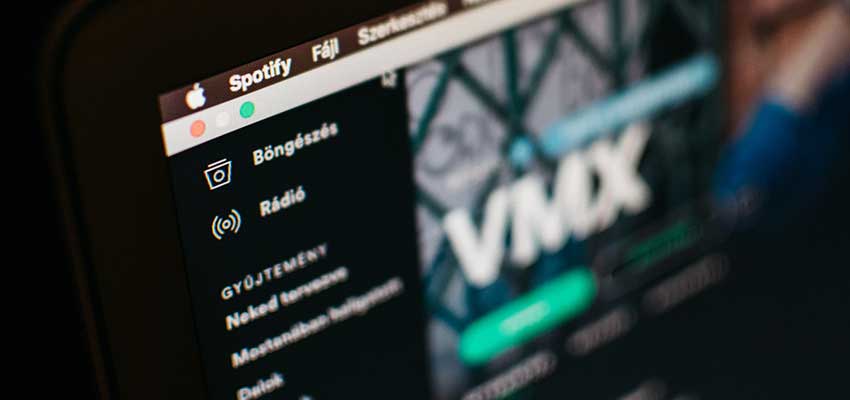Show:
Why Streaming Companies Should Protect Their Content From Piracy
To help you understand why streaming companies should fight their content from piracy, we’ve created a brief overview for you.
Piracy, in the modern sense, has been around for many decades, even before the internet. A lot of individuals pirated movies by videotaping movies in cinemas, making illegal copies of DVDs, and many other forms.
But piracy’s true negative powerful impact was witnessed when paid content was becoming available on the internet.

Early piracy on the internet was exclusive to torrents and other P2P services, but the evolution of streaming service providers has led to the evolution of more complex piracy techniques.
It’s believed that the extent of the revenue lost due to video piracy will reach $61 billion in 2020. The modern forms of piracy are using new methods that involve illegal access rather than the conventional unauthorized copying of media content.
The Increase in Piracy
Piracy has become so common in many countries that a lot of people don’t even realize that what they’re doing is considered piracy. Websites that enable streaming in a simple manner, simulating that of an official streaming channel. Unfortunately, piracy is one of the things that if left unchecked, will snowball to huge magnitudes. The rate of increase in piracy is becoming very worrisome; almost a 160% increase in infringement bandwidth happened between 2010 and 2012. This kind of exponential growth is very serious because it’s becoming a force to be reckoned with, strong enough to eat at the economy and industry.
Pseudo-Streaming is a Problem
Progressive download, commonly referred to as pseudo-streaming is one of the legal loopholes that doesn’t count as a charge in the court. Even though the content can be encrypted by encryption frameworks, the majority of illegal streaming websites actually create copies as they stream, which is supposed to be an act of infringement on the copyright laws. The reason the copies are created is to allow the user to watch uninterruptedly by creating a buffer. The version of the copies is not permanent since it’s not only transitory and disappears almost right after it’s created. The US Copyright Office concluded that it’s not possible to draw a line that defines the legal temporality of the copy that can be used in litigation. Streaming companies are unable to take the users to the court if they are pseudo-streaming the content.
Loss of Jobs
It’s estimated that the losses of the US economy due to online piracy are around $12 billion, in addition to more than 70,000 jobs. These kinds of losses make producers reluctant to produce online streaming content, which forces streaming companies to settle for less for damage control because of the piracy. The current jobs destroyed by piracy are a lot, but when you take into account the effect of the ongoing pandemic, the rate it’s increasing at is quite dangerous.
Watching Streams Isn’t a Public Performance
Conventional Copyright laws take into account liability only when it comes to public performance, but the problem is that streaming can be exempt from this on a technicality. If a user watches a stream, it doesn’t exactly mean that the user is infringing upon copyright laws, even if it’s against the permission of the copyright holder. The receiver is only receiving the video, and not hosting the content; as long as the user isn’t making permanent copies, there are no illegal interactions occurring in the privacy of their home.

Even though copyright laws have drastically changed once licensed content became the norm on the internet, it’s still not enough to deter piracy on legal grounds as much as we’d like it to.
Peer-to-Peer
While peer-to-peer streaming is a blatantly illegal act because it requires the user base to share or facilitate the download and viewing of content, tracking down those who do it isn’t really that easy. A viewer happens to be a broadcaster, and this means that simply viewing content on peer-to-peer channels can infringe on copyrights. These types are becoming less common due to the convenience that other illegal channels provide, which puts no liability to the user. Streaming companies do put some effort into fighting torrents and P2P streaming, but that fight is far from over.
From an objective perspective, the reasons for piracy are far from being legit enough to enable it. Some arguments may be pro-piracy for some specific purposes, but the damages are still way more than the benefits. Streaming companies should protect their content from piracy by maximizing efforts on both digital and legal ends. The fight is far from over, which makes it even more important to work together on putting an end to piracy.

 Return to Previous Page
Return to Previous Page








